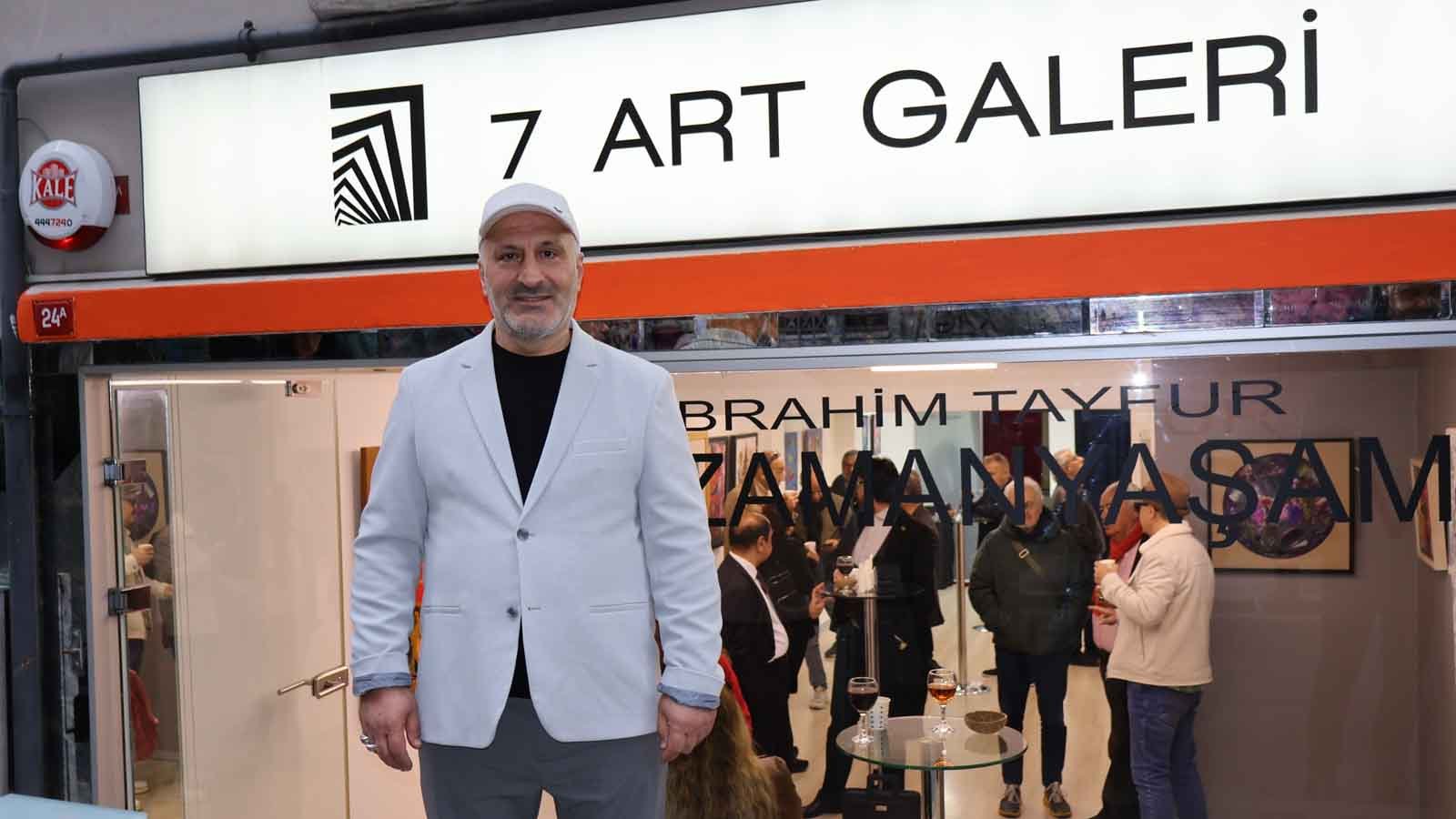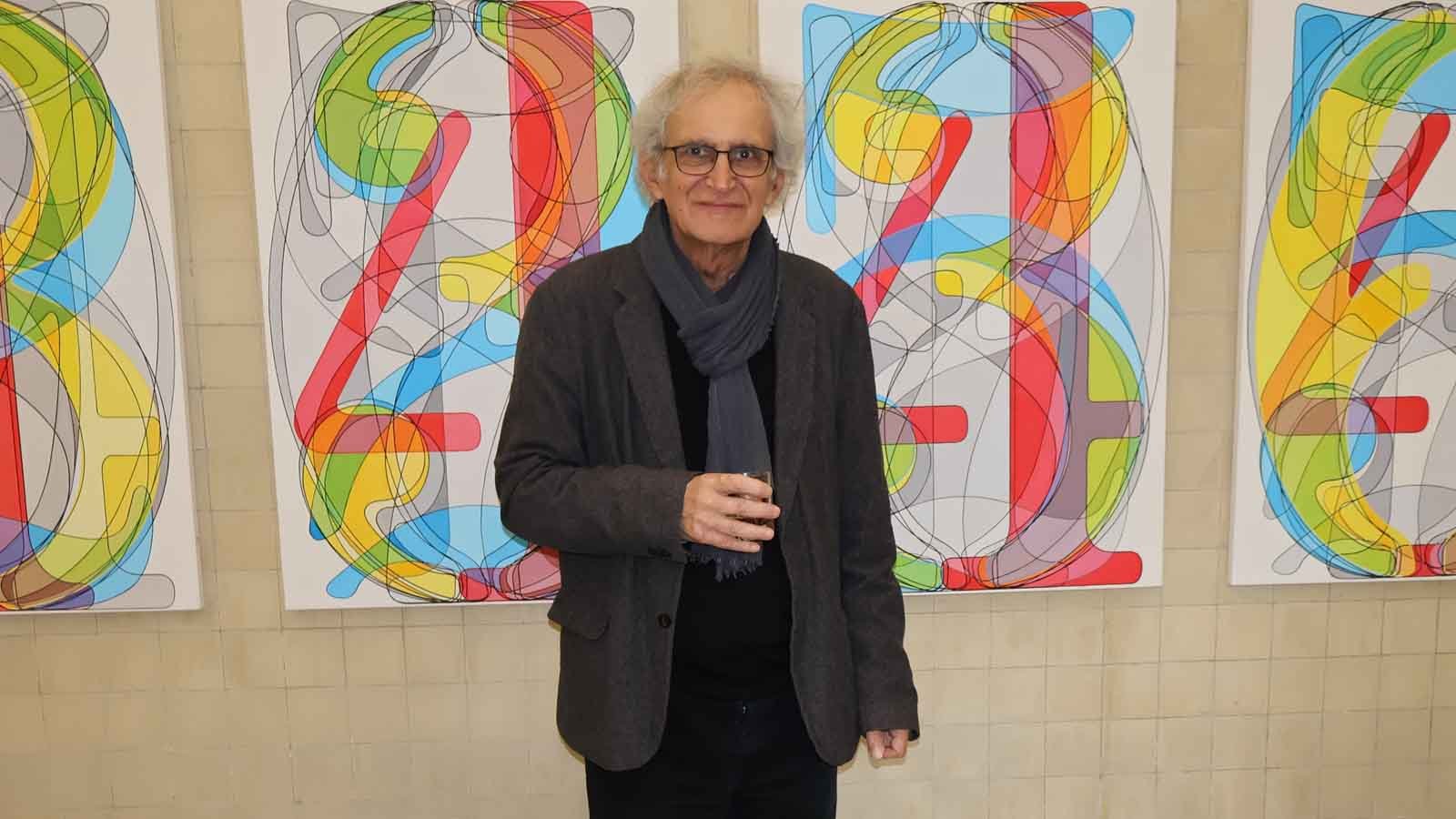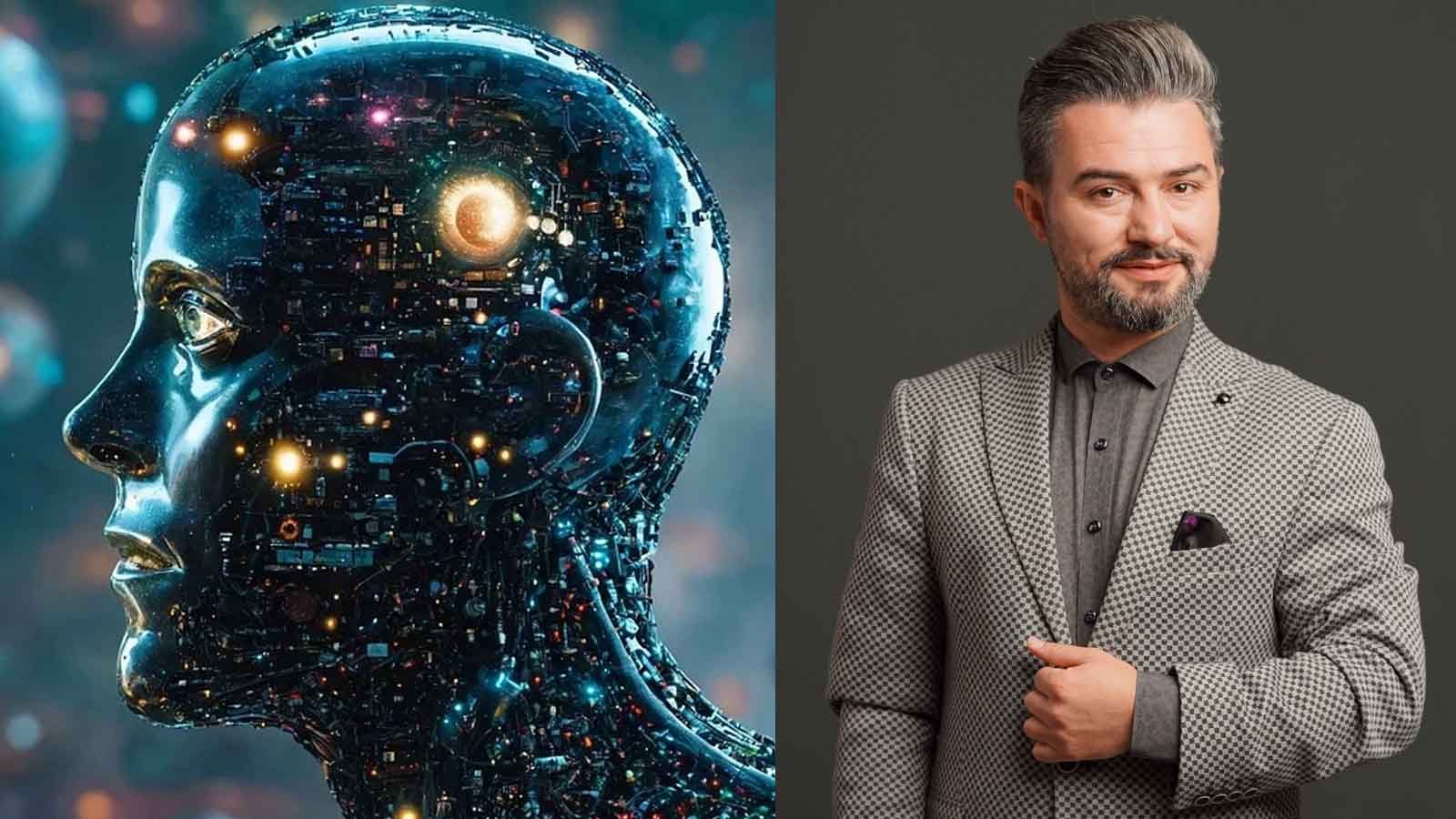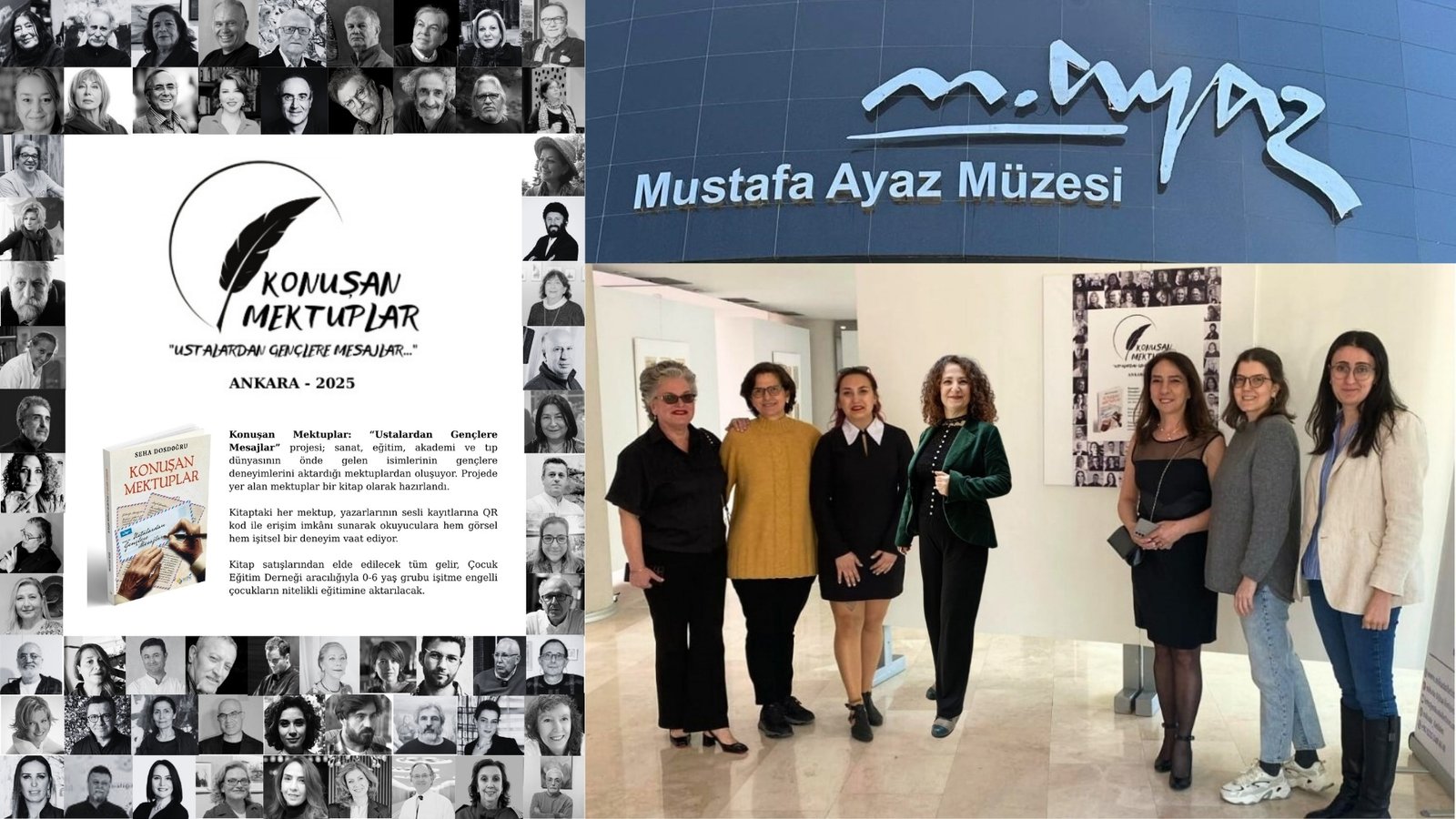The idea of time travel and changing the past has been in popular culture for many years. But in real life, the reality and viability of such ideas is still unclear. In recent years, it has been suggested that a phenomenon called quantum rectification may allow time to go back in time. However, there are still uncertainties about the scientific basis and applicability of these theories.
Quantum correction is a phenomenon within the scope of quantum mechanics and is a technique applied to correct the measurement result of a quantum system. Some theorists suggest that quantum correction can be used to change the outcome of an event that happened in the past. However, these ideas have not yet been experimentally proven and research on this topic continues.
What is quantum correction and how does it work?
Quantum correction is a technique used to make the measurement result of a quantum system more accurate. In quantum mechanics, measuring the properties of a particle, for example measuring its position or momentum, changes the particle’s state. This adds some randomness to the measurement results and may cause measurement errors. Quantum correction is used to correct these measurement errors.
Quantum correction uses additional information to make a measurement result more accurate. This additional information may refer to a previously measured or known property about the quantum system. Quantum correction uses this additional information to correct the measurement result, resulting in a more accurate result.
Quantum correction is a technique frequently used in quantum computers and is important for improving the accuracy of quantum algorithms. However, research on quantum rectification theory is still ongoing and work is being done to learn more about this technique.
Is it possible to turn back time with quantum correction?
Currently, there is no conclusive evidence as to whether it is possible to turn back time with quantum correction. Quantum correction is just a technique used to make a measurement result more accurate. This technique is used to correct measurement errors by pre-measuring the properties of the quantum system. However, this technique only corrects the properties of the quantum system and cannot be used to change an event that took place in the past.
The issue of turning back time is still an active research topic in theoretical physics. However, according to the current scientific view, it is not possible to turn back time and this idea is only a fictional and imaginary concept. Quantum correction is a technique that can be used in computing and quantum technologies by making the properties of quantum systems more accurate, but it cannot be used to turn back time.
Can the outcome of an event in the past be changed by quantum correction?
According to the current scientific view, the outcome of a past event cannot be changed by quantum correction or any other technology. Therefore, the past outcome of any event cannot be changed and it happens irreversibly.
Quantum correction is simply a technique used to make a measurement result more accurate. This technique is used to correct measurement errors by pre-measuring the properties of the quantum system. However, this technique cannot be used to change the results of past events.
The issues of turning back time or changing a past event are still an active research topic in theoretical physics. However, the current scientific view is that it is not possible to turn back time.
What scientific principles is quantum correction theory based on?
Quantum correction theory is based on the principles of quantum mechanics. Quantum mechanics is a theory that explains the behavior of atoms, molecules, and other small particles.
Quantum correction is a technique used to correct measurement errors by measuring the properties of a quantum system. This technique pre-measures the state of the quantum system, correcting measurement errors for a particular feature in the system.
This theory is based on the principle of quantum entanglement, which is also an important issue of quantum errors. Quantum entanglement is when two or more quantum systems are interconnected. This allows you to predict the property of the other system when one system is measured.
Quantum correction theory can be used to make the properties of quantum systems more accurate, and this plays a big role in quantum technologies. However, it cannot be used to change the outcome of an event that happened in the past.
Why are ideas of time travel and changing the past gaining traction in popular culture?
The ideas of time travel and changing the past have received wide attention in popular culture because people are fascinated by the idea of going back and changing certain events and outcomes of their history. This concept is used in many movies, TV series, books and video games.
This idea can reflect people’s hopes for the idea of correcting past mistakes, and can spark the imagination and immerse people in a gripping story. Time travel also allows the idea to explore possible future scenarios as well.
Also, this concept is an important part of science fiction and fantasy literature. Such works take readers and viewers to a different reality and push the limits of imagination. Therefore, people’s interest in such ideas contributes to the success of stories of time travel and changing the past in popular culture.
Even if it is possible to turn back time, what are the ethical and moral concerns?
The idea of turning back time can raise moral and ethical concerns because we may encounter many problematic situations. Some of these are those:
Chain effect: Changing something in the past means that events can be chained to a different outcome. This may unintentionally result in new and unexpected results.
Future effects: It can be difficult to predict the future consequences of changing something in the past. Thus, it can negatively affect people’s future lives.
Inequality and discrimination: Changing past events can put some people in a privileged position and put others at a disadvantage.
Existential crisis: Changing past events can affect people’s identities, cultures, and historical values. Because of this, people may question themselves who they are.
Rewritten history: Changing past events means rewriting history books, and this can cause people to question reality.
For these reasons, the issue of turning back time raises moral and ethical concerns, and the responsibility of having such power can be overwhelming. Therefore, it is important to discuss and better understand these ideas.
What is the research on quantum correction and what conclusions have been reached?
Research on quantum correction started with studies on quantum error correction codes. These codes help protect quantum computers from environmental influences and errors.
In recent years, some research has focused on the idea that quantum rectification can change the outcome of events that happened in the past. For example, in 2019 a group of researchers suggested that quantum rectification could theoretically be possible to “change the past” by changing the state of a quantum bit in the past. However, since these studies are still at the theoretical level, it is not yet possible to implement this idea in practice.
However, quantum correction research can help quantum computers work more reliably and effectively. This, in turn, could play an important role in the development of quantum technology in the future.
Is time travel and changing the past still a scientific speculation or a real possibility?
For now, time travel and changing the past are considered scientific speculation. There is still no conclusive proof whether time travel is possible, and even if it is theoretically possible, many technical and physical challenges still need to be faced in order to develop this technology.
Similarly, the idea of changing the past is still only a theoretical possibility. Although some research on quantum mechanics suggests that the outcome of a past event can be changed using the quantum correction method, this idea is still not proven experimentally and is discussed by the scientific community.
However, scientists continue to work on this, and as more discoveries and experiments are made, we will learn more about time travel and changing the past.
What effect can quantum correction theory have on the nature of space-time and the workings of the universe?
Quantum correction theory could have a potential impact on the nature of space-time and the workings of the universe. In particular, quantum correction codes and technologies can help protect quantum computers from environmental influences and errors, allowing quantum computers to operate more reliably and effectively. However, quantum rectification theory could also lead to the more speculative idea of changing the past.
History modification theory proposes that quantum correction codes can also change the outcome of events that took place in the past, by changing the state of a quantum bit in the past. This idea could challenge fundamental assumptions about quantum mechanics and the nature of time and create a radical change in the way the universe works. However, this theory has not yet been experimentally confirmed and is therefore considered speculative by the vast majority of the scientific community.
What technological advances might be possible in the future as a result of research on quantum correction?
As a result of research on quantum correction, it is thought that many technological developments may be possible in the future. Some of these are those:
Quantum computers: Quantum correction codes can help quantum computers work more reliably and effectively. This means faster, more powerful and more efficient quantum computers.
Quantum communication: Quantum correction techniques can help make quantum communication networks more secure. This is especially important for the military and financial sectors where sensitive information and data must be transmitted securely.
Quantum sensors: Quantum correction techniques allow the development of more sensitive and accurate quantum sensors. It has a significant potential for use, especially in the medical and environmental fields.
Quantum energy: Quantum rectification technologies can help develop more efficient and environmentally friendly sources of quantum energy.
Quantum AI: Quantum correction technologies can help make AI systems more effective and secure.
These technological advances can be realized with a better understanding and application of quantum rectification theory. However, the development of these technologies still requires ongoing research and development.



































